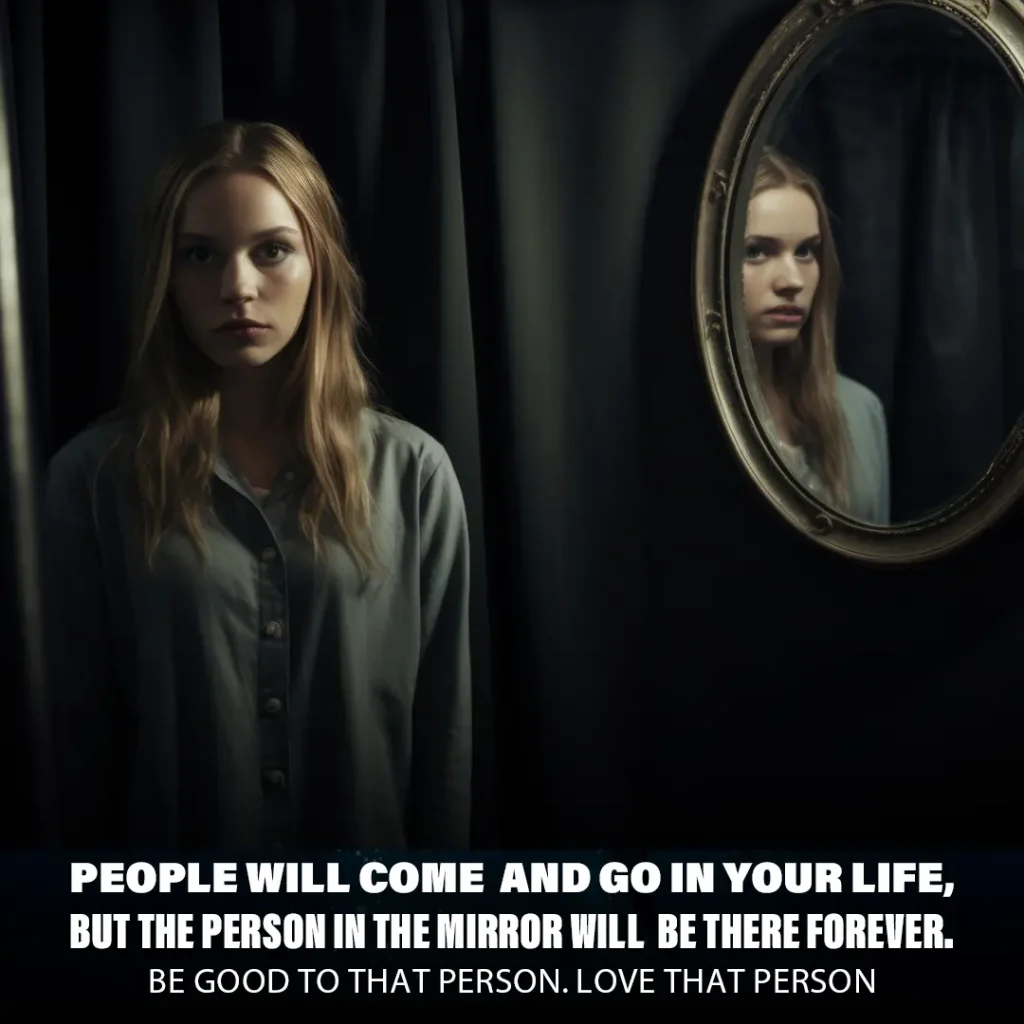Here’s a secret your teachers won’t tell you: the most valuable lessons you’ll learn likely won’t come from a classroom.
This realization opens a new world of education. As Mark Twain famously said, “I never let my schooling interfere with my education.” Today, this sentiment rings truer than ever. While colleges and universities offer valuable lessons, nothing compares to the education gained through real-world experience.
You might find this idea unsettling. In the United States, massive college loans are inescapable, as bankruptcy offers no protection from repayment. If you’re in college, you’re likely facing years of debt, regardless of your choices.
So, what’s the point? To learn things disconnected from real-world experiences? Prepare for a mind-expanding lesson on the limitations of most colleges and universities. You’re about to discover what learning truly means in the real world.
The Science of Learning
The phrase “learning about learning” may sound redundant, like something from a Philosophy 101 class. But consider this: colleges and universities don’t teach in ways that align with how your brain naturally learns.
Ten thousand years ago, ancient humans didn’t attend schools. Their brains were wired for learning through experience—trial and error, real-world practice. When you realize your brain learns best by doing, you see how most college classes overlook a critical component of the learning process.
You might memorize facts from a lecture, but in an age of instant information, what value do these facts hold? Moreover, your brain needs repeated exposure to retain information long-term. Most college lectures, however, go in one ear and out the other.
This is a troubling reality, but there’s a way forward—by understanding how we learn. In *Talent is Overrated*, Geoff Colvin highlights Benjamin Franklin’s self-taught writing skills. Franklin read essays by authors he admired, practiced rewriting their thoughts, and compared his work to theirs until he improved. Learning is active, and few things are less active than sitting in a classroom.
The True Meaning of Experiences
Our life experiences are more than memories; they carry emotional and cognitive weight. We learned not to touch hot stoves through direct experience, not lectures. So why do modern classrooms fear failure? Why are students penalized with failing grades instead of encouraged to see mistakes as feedback?
Experiences shape us, but they must be real. Our brains prioritize information relevant to our immediate benefit or survival. That’s why real-world failure is essential—it conditions us to avoid repeated mistakes, fostering success.
Failure isn’t negative; it provides meaning. Thomas Edison didn’t fail 10,000 times—he discovered 10,000 ways that didn’t work. This perspective should define 21st-century education. Yet, we’re still learning by absorbing only a fraction of what we read or hear—a true shame.
Advancing in the Real World
The greatest flaw of colleges and universities is their failure to prepare students for the real world—the very place they claim to equip us for.
Why don’t we learn about personal finance, mortgages, or business loans? Why aren’t we taught to maintain a car, manage a home, cook, clean, dress professionally, network, or contribute to society? If you have answers to these questions, you’re ahead of me in understanding what colleges intend for the students they charge exorbitant fees to educate.
Real-world education is active. You could watch YouTube lectures and learn the traditional college way, but you’d soon realize how little sticks. That’s why we must step outside the rigid structure of formal education and embrace real-world learning experiences to transform how we live.
Failing to recognize how our brains naturally learn is the primary shortcoming of post-secondary education. Rather than optimizing the classroom, we need a paradigm shift: students should learn what they need through firsthand experience. This should be the future of education.
Yet, with so many students still willing to take on crushing loan debt, this future may remain distant.






One Response
College provides a lot of useful knowledge and experience. But it really can’t teach many things. Very often we learn a lot from our own experiences and mistakes. But that’s normal, isn’t it?